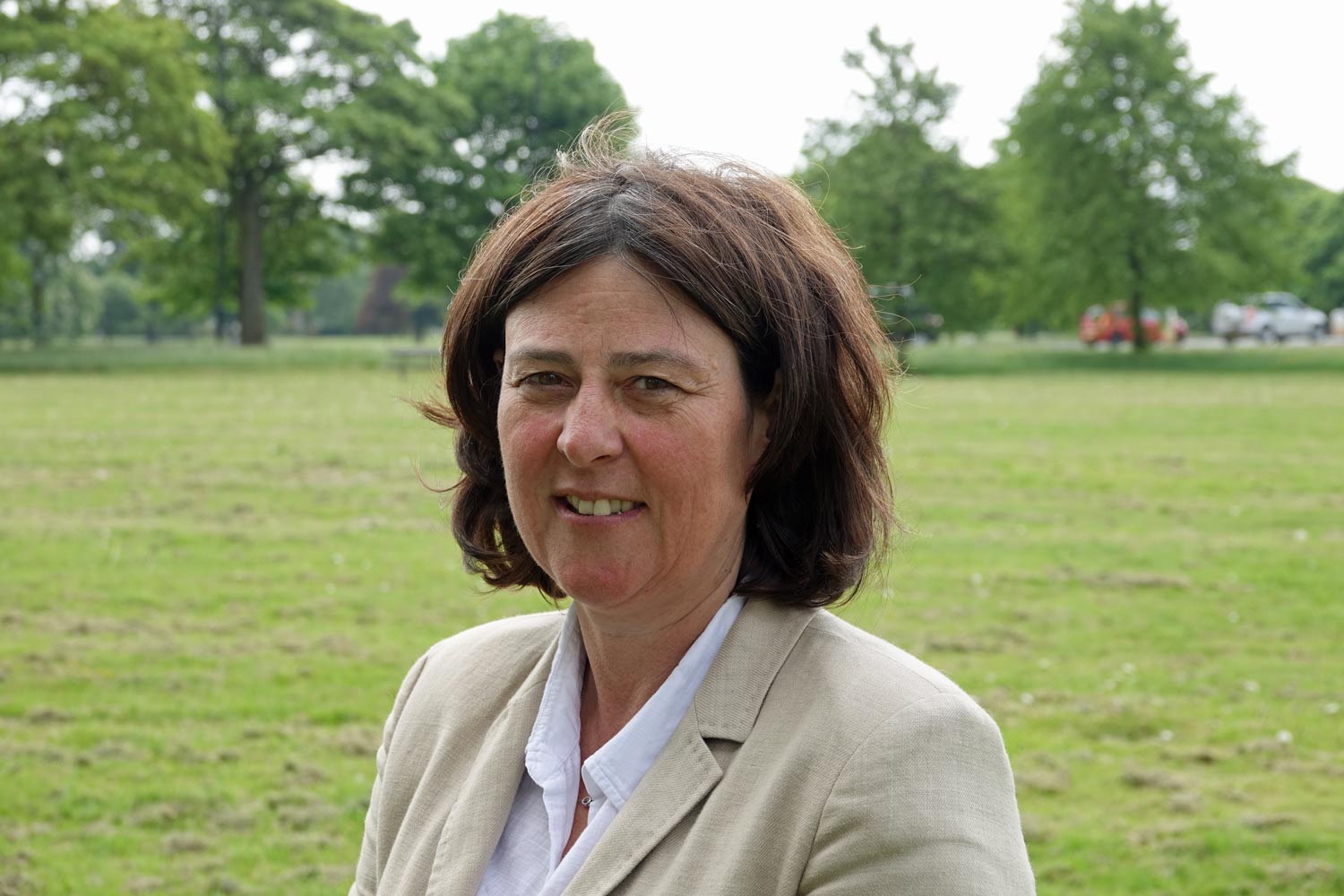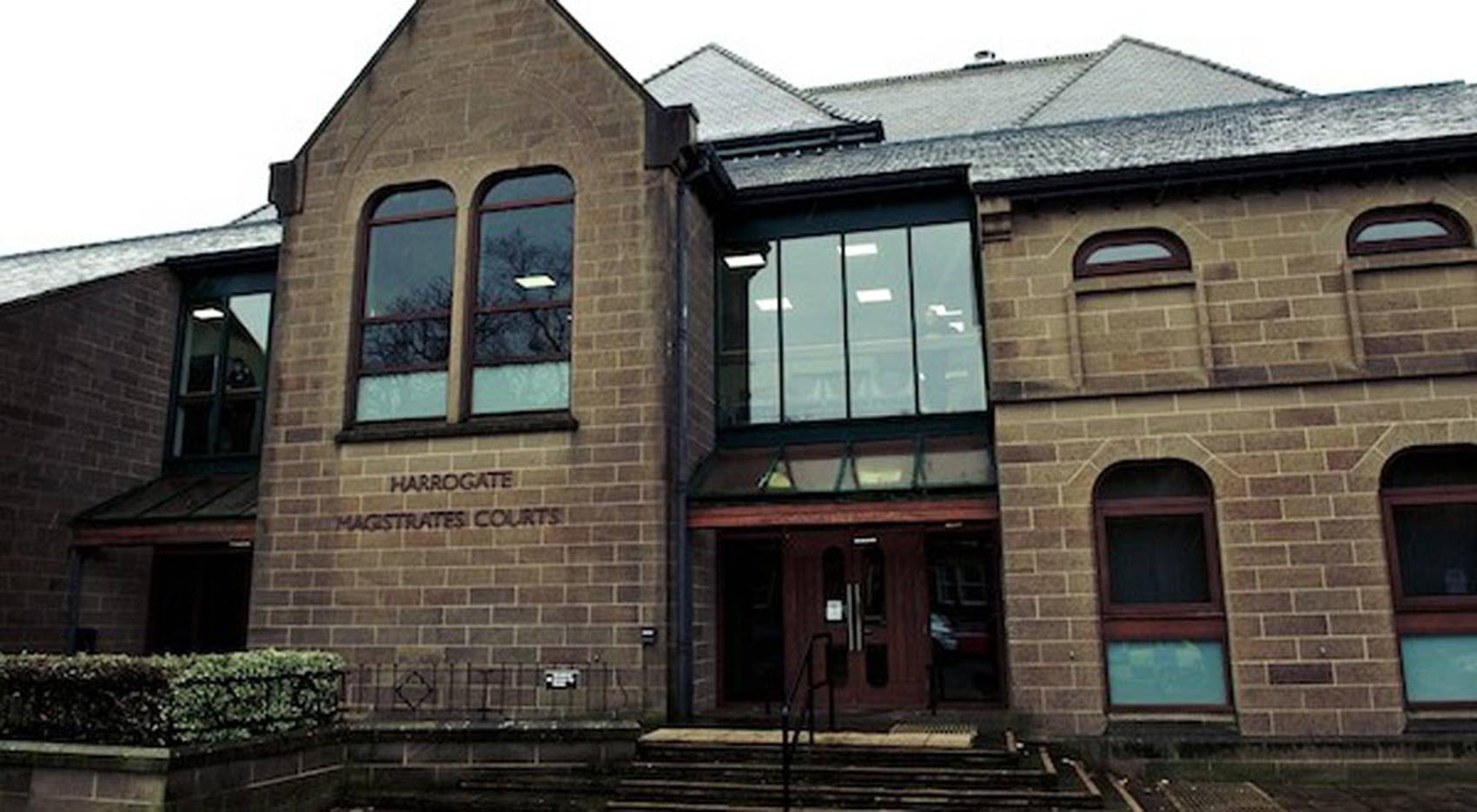It is estimated that more than seven in ten cases before the family courts have domestic abuse as a factor and now key partners and organisations from across North Yorkshire are coming together to ensure survivors, and their children, are treated more fairly by a system which is meant to support them.
North Yorkshire’s Police, Fire and Crime Commissioner published a report in March which looked at what was happening, assessed the processes involved and examined what could be done to improve the situation for those in need of help.
It has now been sent to the Justice Minister, Alex Chalk MP, with a request for urgent action to address the points raised. Last month, proposed reforms to the family court were set out by the government but Julia Mulligan wants to ensure these meet the challenges posed by this report.
A roundtable to discuss the study and the proposals, which was postponed due to the coronavirus pandemic, is to take place as a virtual event on Tuesday, 21 July. It will focus on the next steps which are needed, which will be particularly important as we assess the impact of the lockdown on families at risk.
North Yorkshire Police, Fire and Crime Commissioner Julia Mulligan said:
I welcome the government’s proposed reforms of the family courts so we can better protect victims and survivors of domestic abuse and their children, but I want to ensure they fully address the situation we face here in North Yorkshire and York.
The report on the challenges here makes for stark reading and it is right that now the organisations and partners who can make a difference come together to discuss what it found and what can be done to improve the support offered in the future.
I look forward to an open and constructive conversation about how we can collectively get better – here in North Yorkshire as well as more widely.

The research was carried out by the Independent Domestic Abuse Services (IDAS), the largest specialist domestic abuse service in Yorkshire, and found that while there are good people with good intentions working day-in, day-out to help survivors, all too often the system itself is causing trauma and stress and forcing them back into proximity with their abusers, after they have taken the difficult and brave step of leaving abusive partners.
It used a range of evidence from victims and survivors themselves, plus support workers, mediators, policing, Cafcass, the judiciary and others.
The report found that:
- While the intention is always to protect domestic abuse survivors and their children, it can often be a source of further stress and anxiety. 61 per cent said they did not feel safe in family courts and half said they were not well-prepared for the experience.
- The system is sometimes deliberately used by perpetrators to inflict trauma on their victims, employing its traditional and often complex procedures for their own ends – with former partners trying to exert control over survivors, using the family court as a weapon in their abuse.
- Limited access to legal support is having a detrimental impact upon people’s access to justice and to the safeguarding of children.
Opportunities to support survivors and their families are being missed because key information and data is not shared by those involved in the system.
A series of recommendations – some national, some local – are put forward in three themes:
- More support for people attending court, including Legal Aid and Litigants in Person
- Nationally, the government must ensure women and children are supported to get the Legal Aid they need to access justice.
- Locally, that could include developing a network of pro-bono solicitors for particularly vulnerable survivors.
- Domestic Abuse best practice
- Nationally, there should be an independent inquiry into the family court and its associated stakeholders.
- Locally, partners should agree data which can be obtained and shared to provide an insight into the effectiveness of the safeguarding of survivors and their children involved in family court proceedings so that improvements can be made.
- Civil and Criminal
- Nationally, a nationwide system for recording and flagging protective orders to improve safeguarding of victims and survivors and enable Police officers to more effectively respond to breaches should be implemented.
- Locally, North Yorkshire should work with partners to develop a pilot programme to record orders on the Police National Database. The aim is to improve the intelligence on offenders, improve enforcement and rates of prosecution from breaches of non-molestation orders.
The full report can be read at www.northyorkshire-pfcc.gov.uk/familycourtsreport







